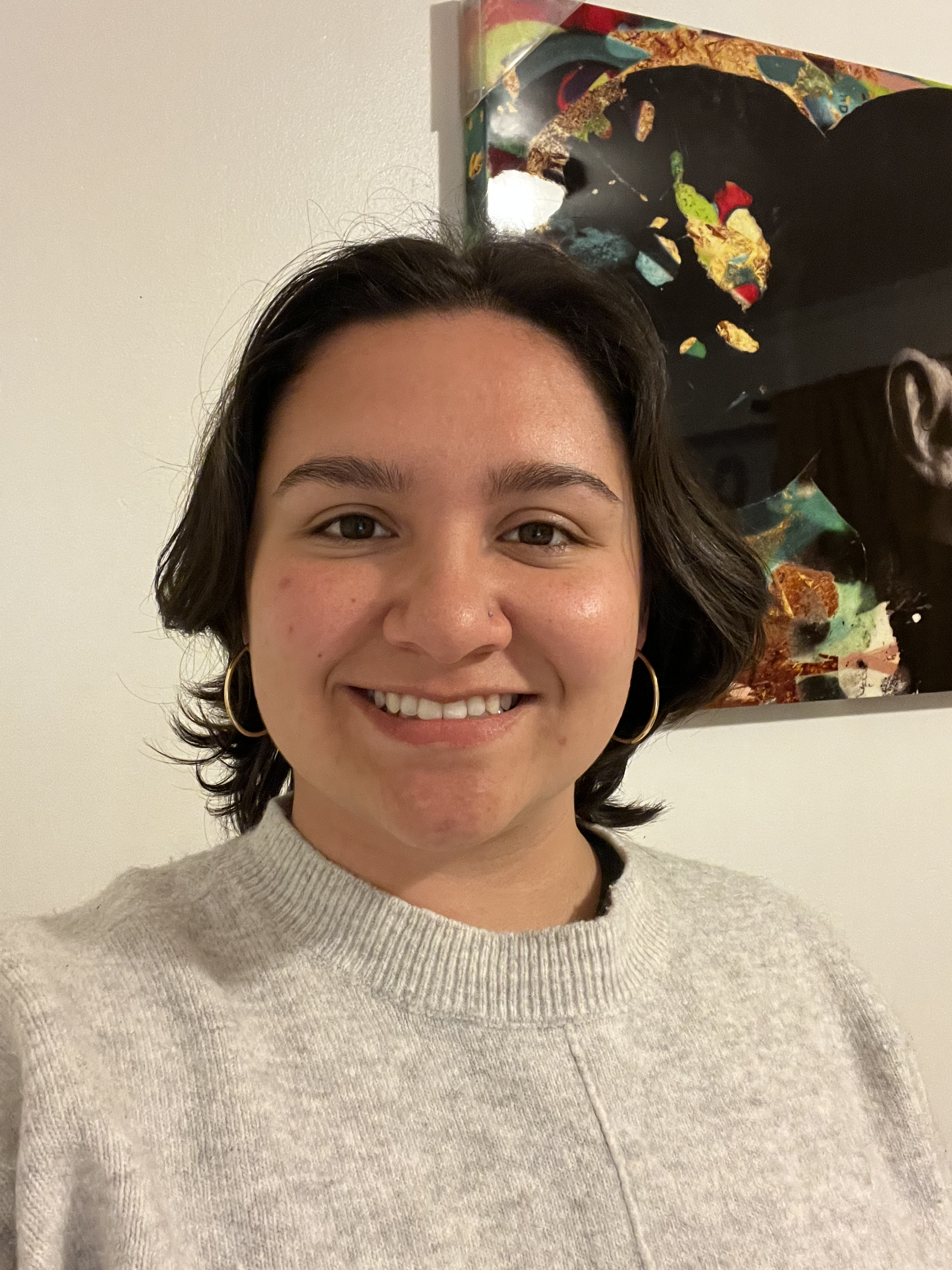Research Symposium
23rd annual Undergraduate Research Symposium, April 6, 2023
Isabella Daniels Poster Session 1: 11:00 am - 12:00 pm/ Poster #272

BIO
Isabella Daniels is a senior pursuing a dual degree in sociology and family and child sciences. Her experience working with children, from summer camps to bilingual teaching in Madrid, has made her want to pursue a career advocating for children. She is currently studying for Law school. But wants to continue to pursue research during her undergrad as pursuing a Ph.D. is becoming more attractive each day. Her research interest is in education, youth cultures, class conflict and inequality, and the family. In her free time, she enjoys swimming and traveling. She is currently on the lookout for her 15th country to travel to!
The Dominant Print Media Narrative Surrounding Heat-Related Illness Among Agricultural Workers
Authors: Isabella Daniels, Dr. Joseph GrzywaczStudent Major: Sociology and Family & Child Sciences
Mentor: Dr. Joseph Grzywacz
Mentor's Department: Family & Child Sciences Mentor's College: College of Health and Human Science Co-Presenters: Danielle Thompson
Abstract
Agricultural workers, the vast majority of whom are immigrants from Mexico and Central America, are 20 times more likely to die from heat-related illness than those in all other occupations combined. Therefore, there is a strong public policy interest on the part of the Occupational Safety and Health Administration (OSHA) to implement occupational heat-related protections, especially for agricultural workers. Collective opinions or “dominant narratives” about heat-related illness can significantly influence policy decisions; Our research aims to determine and understand the dominant narrative surrounding heat-related illness among agricultural workers in print media. To accomplish this, we are performing a systematic content analysis of all public messages (news reports, articles, etc.) about heat-related illnesses in the agricultural industry between 2017 and 2022. Public messages were harvested from several different databases—such as ProQuest, Factiva, and Nexis Uni—utilizing Zotero. The harvested messages were then transferred to Covidence, in which we eliminated duplicate messages and screened messages in order to ensure they met our criteria: reporting on a specific incidence of heat-related illness. The forthcoming steps include coding the retained articles and analyzing those codes to derive a dominant narrative or collection of dominant narratives. Ultimately, we hope our research can be applied to help inform OSHA policies that protect and advocate for agricultural workers.
Keywords: Heat Illness; Farmworkers; Media


